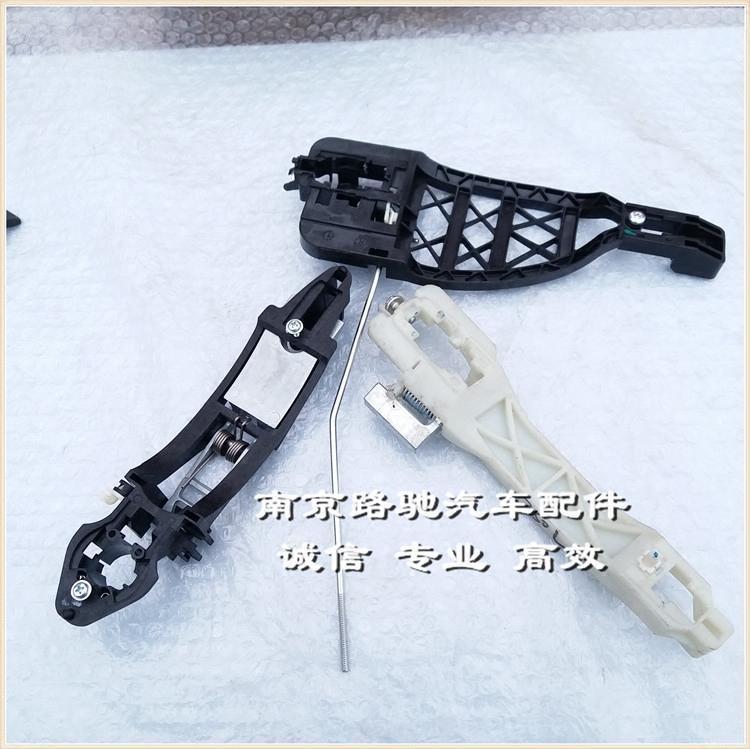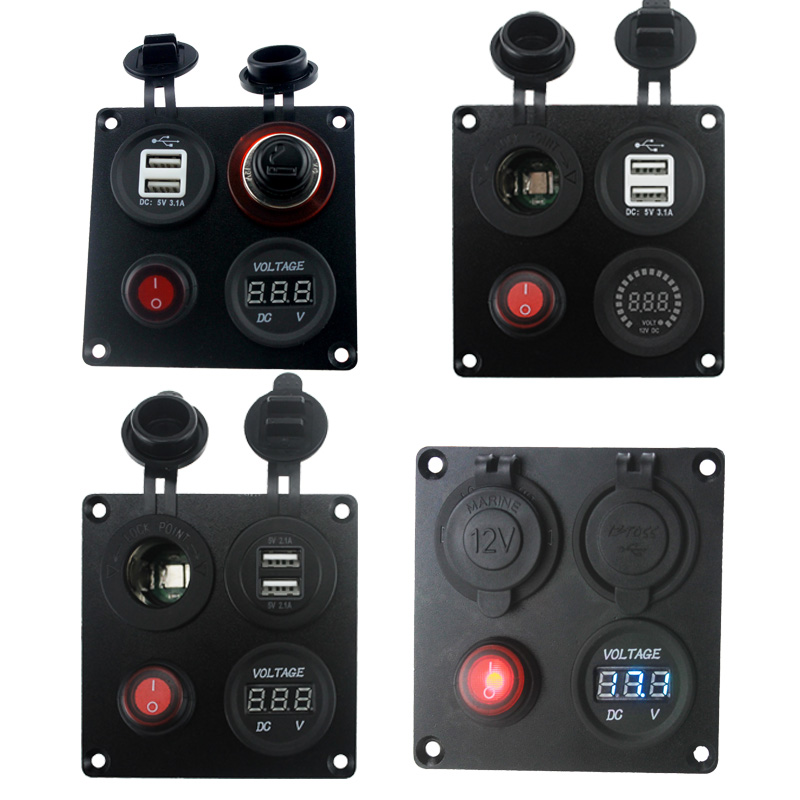North Korea's communism gives rise to ruthless capitalism: defectors
2024-06-06 22:40:58 点击:103
 |
| This Sept. 22, 2020, file photo shows a "jangmadang," or local market, crowded with people in Hyesan, a North Korean city near its border with China. North Korea's communist system has ironically given rise to a ruthless capitalist model where only the strong survive, according to North Korean escapees, Tuesday. Yonhap |
Second jobs have become essential for survival after distribution system collapse
By Jung Min-ho
North Korea's political system that claims to guarantee "equal rights" for everyone has given rise to one of the most oppressive dictatorships in the modern world. The same paradox also pervades its economy: After the collapse of its distribution system for "common ownership," all but a small number of the powerful elite there have been driven into a ruthless capitalist competition for survival, according to North Korean escapees, Tuesday.
After witnessing her grandmother's death from hunger during North Korea's great famine in the mid-1990s, Kim Yoo-a, who was just 13 years old then, woke up to the fact that the state would not feed her.
"That's when I started selling ice cream on streets. I knew I had to work to survive," she said at an event organized in Seoul for the 20th North Korea Freedom Week from Sept. 17 to 23.
Her first official job was as a researcher at the propaganda center in Samjiyon, a city close to the North Korea-China border. She was supposed to receive a monthly wage of 2,400 won ― enough to buy a few eggs. But Kim said she was never paid; not even once.
"But officials came home regularly to collect money, in the name of loyalty fund and support for the army among many others," Kim said. In order to survive and to avoid imprisonment for failing to show up for work, she had to pay her boss to secure time for her second job as a smuggler, she added.
Kim Yoo-jin, another North Korean defector who shared her story at the event, said that she also sold scrap metal and wood while giving about 30,000 won to her boss at a hotel in Ryanggang Province every month to buy her time away from her primary employment.
She, too, never received any money from the hotel. But fortunately, her business was quite successful, making more than 450,000 won or even more a month. But after bribing officials at checkpoints to keep her business running and sharing profits with her partners, she was only able to buy the bare necessities such as rice, corn, potatoes and medicine for her mother's heart disease problem.
"I usually bought one meal a day … When I was hungry, I ate leftover food at the hotel," she said.
Lee Ji-hye was the only one who received money from the state. Her husband was a security official, who was paid 4,300 won a month. But that was still a meager amount insufficient to purchase even 1 kilogram of rice. So she started working as a money changer.
All the escapees said having a second and even third job has become essential for survival in North Korea, adding that they were among those who were fortunate because they at least could work and eventually escaped from the cruel system where only the strong survive. They said they saw those who were less fortunate die from starvation because they had no money for food.
After her husband died of an unknown illness, Ji Han-na had to take care of her two sons all by herself. She said she sold everything possible on the streets, but she was barely able to feed her family. Because her family could not buy rice, they often ate tofu dregs mixed with corn powder and grass.
"I was an ordinary mother with an ordinary dream of raising my children well … But I had to escape because I could not let my children grow up in a country with no future," she said.





